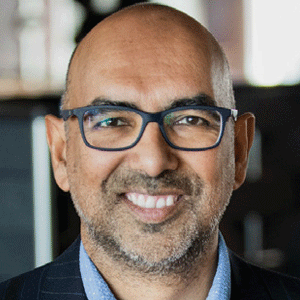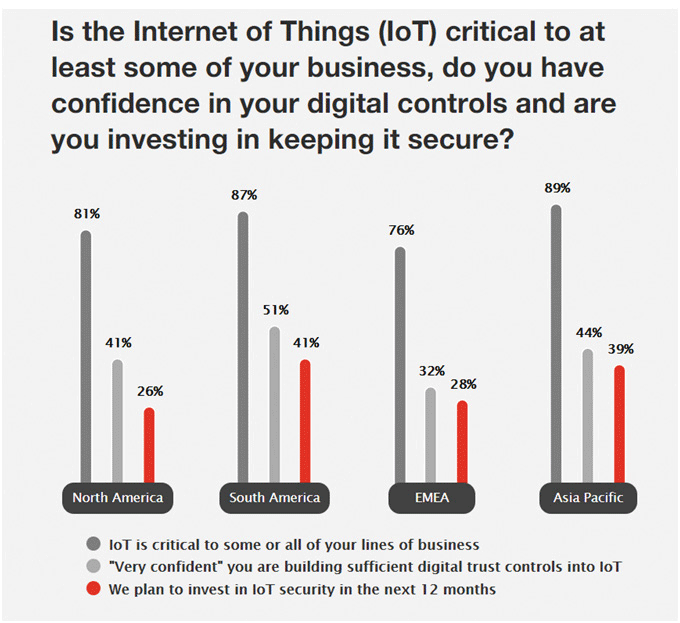THANK YOU FOR SUBSCRIBING
Editor's Pick (1 - 4 of 8)

Future-Proofing the Fourth Industrial Revolution With IoT Security
Chris Bartlett, Partner, PwC and Mohammad Chowdhury, Partner, PwC


Chris Bartlett, Partner, PwC
Not Surprisingly IOT Security is expected to become a Big Business
 Mohammad Chowdhury, Partner, PwC
Mohammad Chowdhury, Partner, PwCNot surprisingly IoT security is expected to become a big business. Companies must first understand the principles and criticality for IoT security, particularly at the communications network level, where mobile operators must play a role. Then they need to develop guidelines and implement IoT security controls in the enterprise environment.
 Source: PwC Global State of Information Security Survey, 2018
The effort to create a culture of awareness for IoT security risks is critical, but lacking in most businesses today. Countries such as Australia also have a challenge around the shortage of available IoT security skills in the market, since graduate output lags demand and professionals in this space often go to work abroad or else will get snapped up by a few high paying companies.
Australia needs an IoT security action plan if we are to scale up our capability as well as build trust in the benefits of digitization.
Source: PwC Global State of Information Security Survey, 2018
The effort to create a culture of awareness for IoT security risks is critical, but lacking in most businesses today. Countries such as Australia also have a challenge around the shortage of available IoT security skills in the market, since graduate output lags demand and professionals in this space often go to work abroad or else will get snapped up by a few high paying companies.
Australia needs an IoT security action plan if we are to scale up our capability as well as build trust in the benefits of digitization. Weekly Brief
I agree We use cookies on this website to enhance your user experience. By clicking any link on this page you are giving your consent for us to set cookies. More info
Read Also













